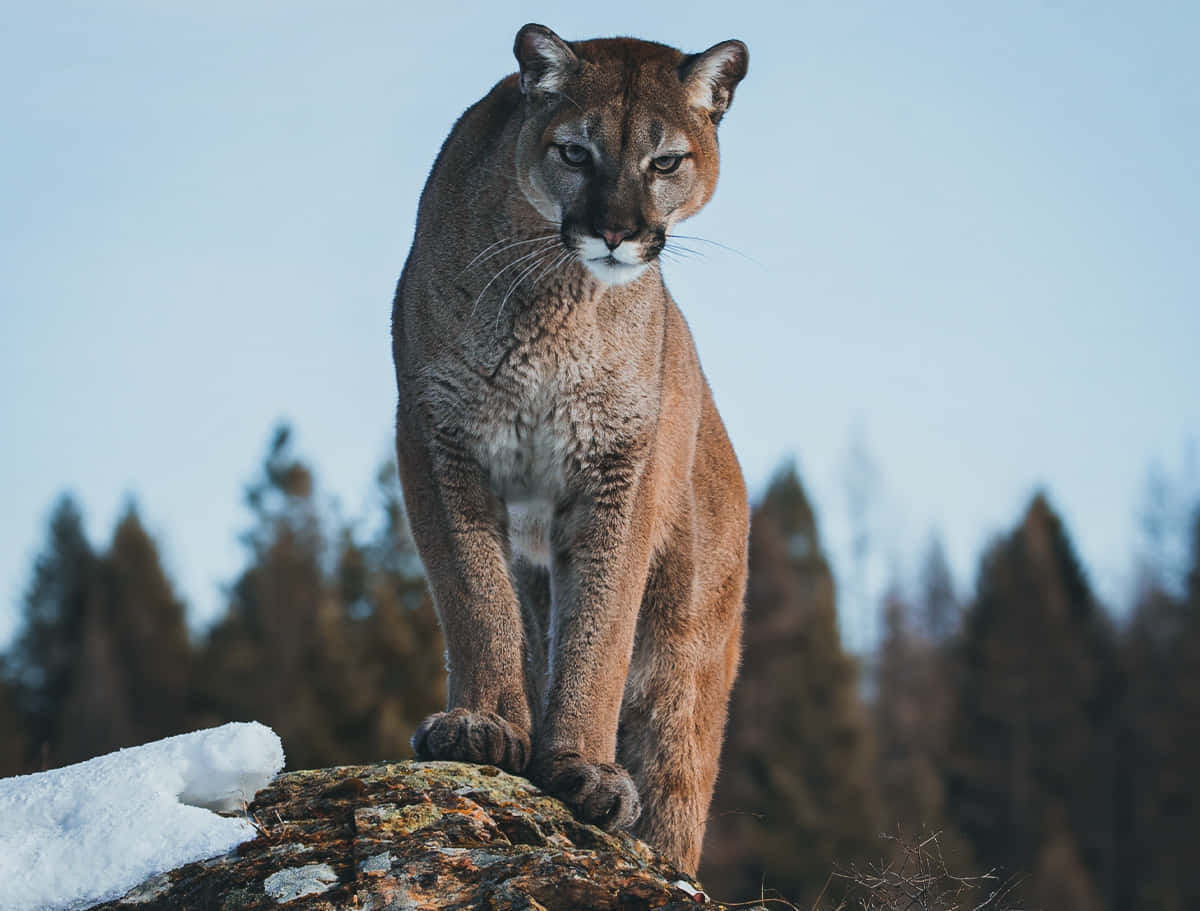
Keith Lusher 05.23.25
In a decisive move to manage predator populations and protect livestock and wildlife, Governor Spencer Cox has signed House Bill 469, allowing yearlong cougar hunting throughout Utah.
The legislation, which was signed into law on Friday, streamlines hunting regulations by removing redundant licensing requirements and giving hunters more flexibility to manage cougar populations. Under the new law, hunters can now pursue cougars, also known as mountain lions or pumas, at any time of year with a regular hunting license, eliminating the need for a separate permit.
Senator Scott Sandall, R-Tremonton, who introduced the amendment, cited increasing cougar numbers across the state as justification for the change: “We’re getting an increase in our cougar numbers across the state,” Sandall stated on the Senate floor. This growth in predator populations has become a concern for farmers, ranchers, and wildlife managers focused on protecting vulnerable deer herds.
The bill passed with strong support in both chambers, receiving a 21-6 vote in the Senate and a 57-13 vote in the House, demonstrating broad legislative backing for the measure. Utah’s new approach aligns with neighboring states like Idaho, which have adopted similar management strategies for predator species.
DWR spokeswoman Faith Heaton Jolley noted that recent studies have shown cougars can significantly impact deer populations: “Recent studies on select mule deer populations have indicated that cougars can cause deer populations to fail to meet management objectives, and increased harvest of cougars on those units has correlated with an increase in adult doe survival and growing population numbers of deer.”
The legislation builds upon the state’s 2020 House Bill 125, which authorized wildlife officials to offer more hunting permits for cougars when deer and elk populations fall below certain thresholds. This management approach has shown promising results in helping to restore balance to Utah’s ecosystems.
While conservation groups have expressed concerns about the bill, supporters argue that the legislation provides necessary tools for wildlife management and protection of agricultural interests. Farmers and ranchers, who have experienced livestock losses due to predators, view the change as an important step in protecting their livelihoods.

The DWR has committed to monitoring cougar populations carefully under the new regulations. “We’ll work to make sure that cougar populations aren’t impacted negatively,” Jolley said. “We want to keep that balanced ecosystem of cougar hunting and deer populations, so we’re right now working through that public process with the wildlife board to update those managements and rules.”
The bill also addresses other important wildlife management issues, including regulations on trail cameras and land acquisitions for habitat protection. Representative Casey Snider, R-Paradise, the bill’s original sponsor, emphasized that the land acquisition aspect of the legislation will benefit both wildlife and agriculture: “The parcels that we [acquire] through this program allow grazing to continue,” Snider explained, countering concerns that the bill might reduce agricultural land.
Utah’s approach represents a return to local control of wildlife management, with decisions being made by elected officials accountable to their constituents rather than solely by unelected bureaucrats. The new law takes effect on May 3, 2023, giving Utah hunters an important new tool in managing the state’s wildlife resources and protecting vital economic interests.
Trending Products












